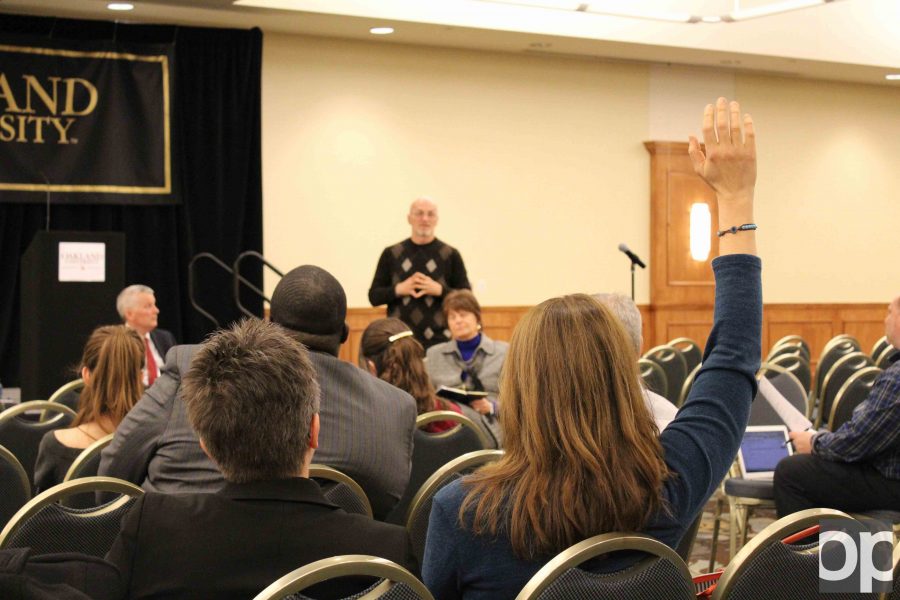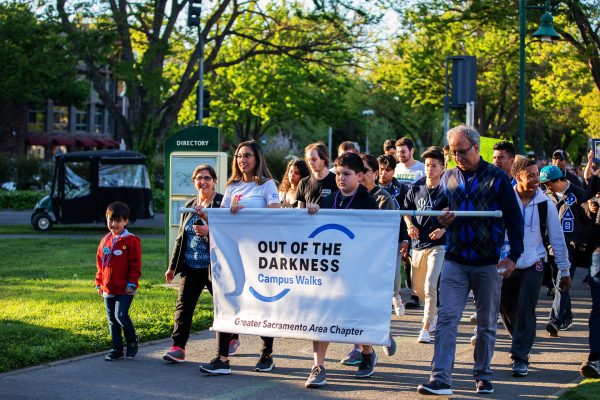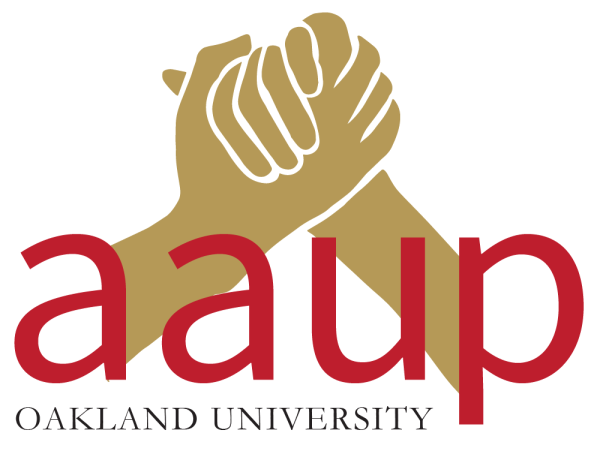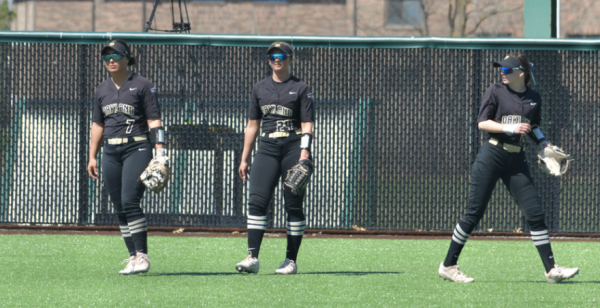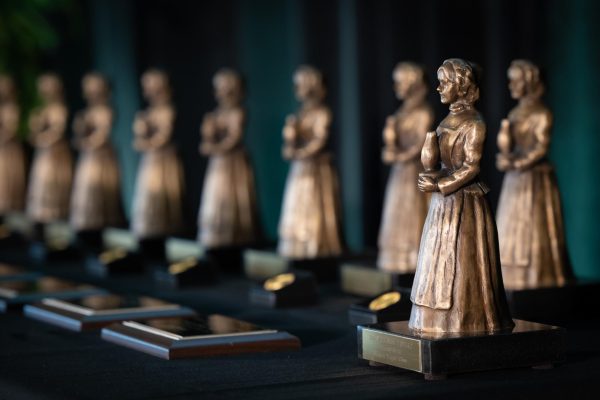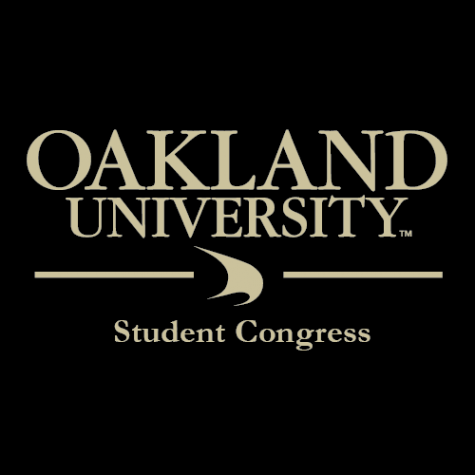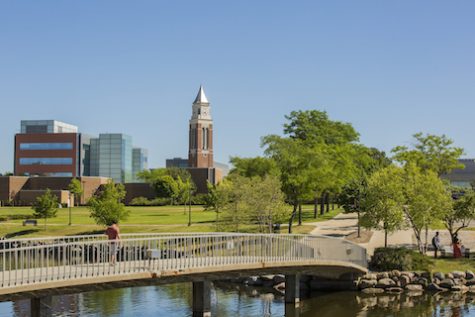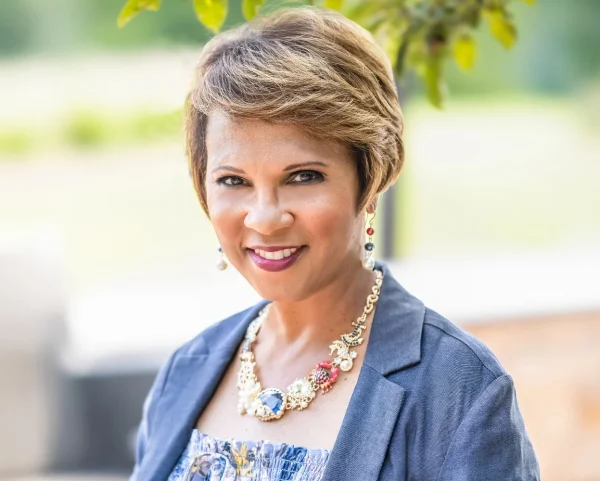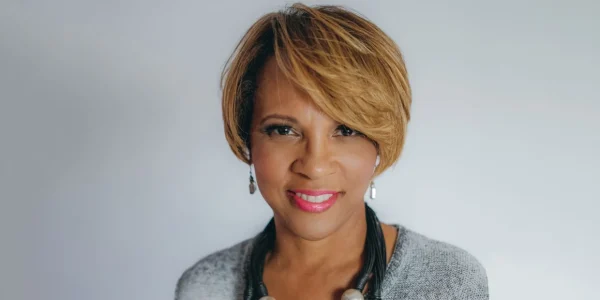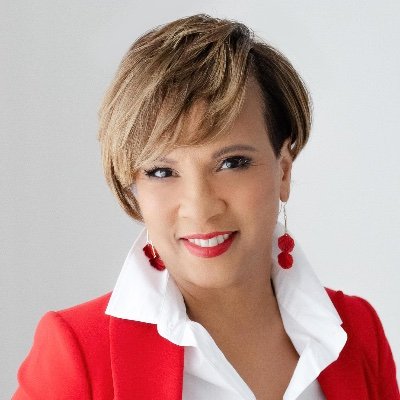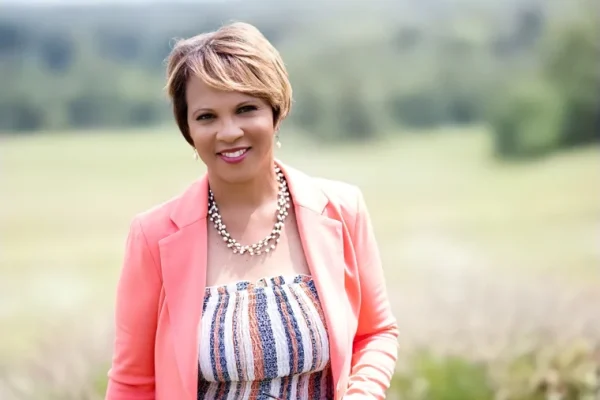University community shares desires for next president at open forums
Forums seek to identify characteristics, qualifications to put in job advertisement for next president
Charisma. Likability. An ability to tell OU’s story. Problem-solving skills. Passion about student success. A knack for fundraising.
These are all characteristics that the members of the Oakland University community are calling for in the next university president, who will have a five-year contract.
In December, Washington D.C.-based firm Academic Search signed a $90,000 contract to conduct the search.
Jessica Kozloff and Bill Howard — the president and vice president of Academic Search, respectively — visited campus Jan. 10-11 to conduct a series of six open forums about the qualifications and characteristics that the campus community would like to see included in the job description.
Faculty, staff, administrators and students were invited to the forums, which were held in the Oakland Center Banquet Rooms and Lake Huron Room on Tuesday and Wednesday.
Though no students showed up for the session at that was specifically designated for students 10 a.m. on Wednesday, about 20 attended the following session, which was designated for student congress and student leaders.
According to chair of the Board of Trustees and of the presidential search committee, Richard DeVore, the job description was not drafted prior to the open forums because the search committee wanted community input first.
“I think it would be extremely disingenuous if it [the job description] were sitting in my pocket,” DeVore said. “That would undermine why we’re having these [forums].”
The search committee met with Kozloff and Howard after the last open forum to work on the advertising documents.
“Our role is to facilitate the search,” Kozloff said. “We won’t be coming to the search committee with, ‘Here are 10 people, here are the ones you should interview.’ . . . The search committee is the boss here. We’re just the facilitators. We’re not taking over your search in any way.”
Kozloff said the search will remain confidential while Academic Search “culls down” candidates and conducts neutral-site interviews with eight to 10 individuals, but will open up for public vetting on campus when the pool has been narrowed down to between two and five candidates.
“Our goal is that those individuals will be on your campus in April,” she said.
She noted that there are disadvantages to having an open search like this one, as potential candidates who hold high-ranking positions at other schools are less likely to apply because it would put their careers at risk.
“I think you have to accept the fact that it’s [the candidate pool] not going to be laden with sitting presidents,” Kozloff said.
DeVore also specifically addressed what he called “the Kunselman effect,” the rumor that Chief Operating Officer Scott Kunselman is going to be shoehorned into the job.
“If anybody thinks this is a conspiracy, it’s not true,” DeVore said. “He’s not going to be president. I’ve heard the rumors, by the way, about me [becoming president] . . . it’s not going to happen.”
Notably, President George Hynd’s wife, Alison Hynd, attended two of the sessions. After the last session, DeVore said he wondered if anyone in the room recognized Mrs. Hynd and whether that affected what they brought up in the forum.
Someone who can drive the university
A reoccurring discussion that arose in multiple forum sessions was confusion over the university’s direction. Members of faculty, administrators and staff expressed a shared desire to have a clearer vision for what OU is today and what it is trying to become.
“We need thinkers and leaders to look at what is the horizon today and think about what education needs to become in the future,” said Robby Stewart, associate dean of the College of Arts and Sciences. “The reason they were calling us the Pioneers was that we were doing things differently. When we shifted to the Golden Grizzlies . . . the Pioneer left our personality.”
Others expressed confusion over which roles are designated to the president.
“It’s very important to know, what is that new president going to be able to do?” said Ken Mitton, associate professor of biomedical sciences and president of OU’s chapter of the American Association of University Professors. “What is their power? What is their jurisdiction? I can tell you that the faculty don’t know. I can’t tell you what the power is of the president versus the COO versus the Board of Trustees.”
Someone with a proven track record in fundraising
When asked what qualities were lacking in current-President George Hynd’s role, DeVore brought up the pace of fundraising for the university. Operation and development of the university relies in part on donations.
“Sixty to 70 percent of [the president’s] job is fundraising and negotiating in Lansing,” DeVore said.
Though the Board of Trustees approved a 3.95-percent tuition increase in June, which is below the state cap, OU remains the lowest-funded state institution in Michigan.
“We really want to try to find a way to put less of a burden on the students or not increase the burden on the students,” he said. “ . . . Quite frankly, our endowment is not where it needs to be and is not where it needs to be in the future.”
Someone inclusive
Jo Reger, sociology professor and director of the Women and Gender Studies Program, asked about Academic Search’s history in recruiting and placing female leaders or leaders who have experience facilitating female staff.
“I think, in the history of Oakland, we don’t have a lot of success in having a lot of women leaders, particularly administration,” she said.
According to Kozloff, Academic Search exceeds the national average in placement of women and racial minorities. Kozloff said she has recruited about 15 presidents in the last eight years, all but three of whom were women “in highly competitive pools of men.”
Someone from academia . . . or not
While some forum attendees said they want a president who has experience in academia, has worked as a professor or holds a Ph.D., others said they would be open to a nontraditional candidate.
Kozloff said she would ask the search committee to provide open, generic minimums for the position in order to cast a wide net.
“There’s a former president [Barack Obama] available,” joked one faculty member. “Could we get him?”


